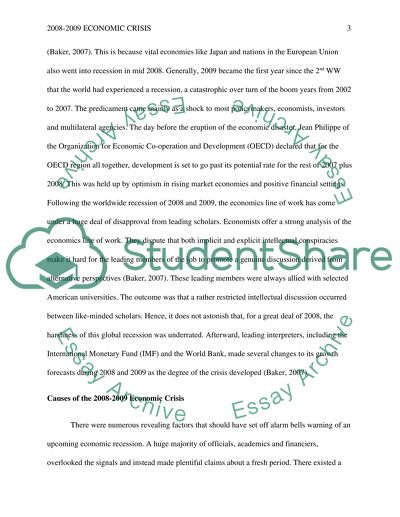Cite this document
(“2008-2009 Economic Crisis and the Policies Implemented Research Paper”, n.d.)
2008-2009 Economic Crisis and the Policies Implemented Research Paper. Retrieved from https://studentshare.org/macro-microeconomics/1450931-2008-2009-economic-crisis-and-the-policies-implemented-by-key-actors-responsible-for-rescuing-the-us-economy
2008-2009 Economic Crisis and the Policies Implemented Research Paper. Retrieved from https://studentshare.org/macro-microeconomics/1450931-2008-2009-economic-crisis-and-the-policies-implemented-by-key-actors-responsible-for-rescuing-the-us-economy
(2008-2009 Economic Crisis and the Policies Implemented Research Paper)
2008-2009 Economic Crisis and the Policies Implemented Research Paper. https://studentshare.org/macro-microeconomics/1450931-2008-2009-economic-crisis-and-the-policies-implemented-by-key-actors-responsible-for-rescuing-the-us-economy.
2008-2009 Economic Crisis and the Policies Implemented Research Paper. https://studentshare.org/macro-microeconomics/1450931-2008-2009-economic-crisis-and-the-policies-implemented-by-key-actors-responsible-for-rescuing-the-us-economy.
“2008-2009 Economic Crisis and the Policies Implemented Research Paper”, n.d. https://studentshare.org/macro-microeconomics/1450931-2008-2009-economic-crisis-and-the-policies-implemented-by-key-actors-responsible-for-rescuing-the-us-economy.


